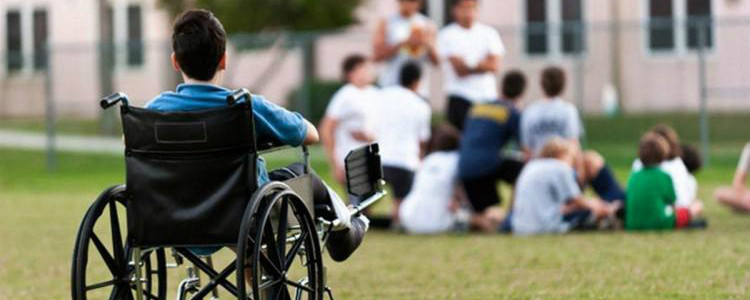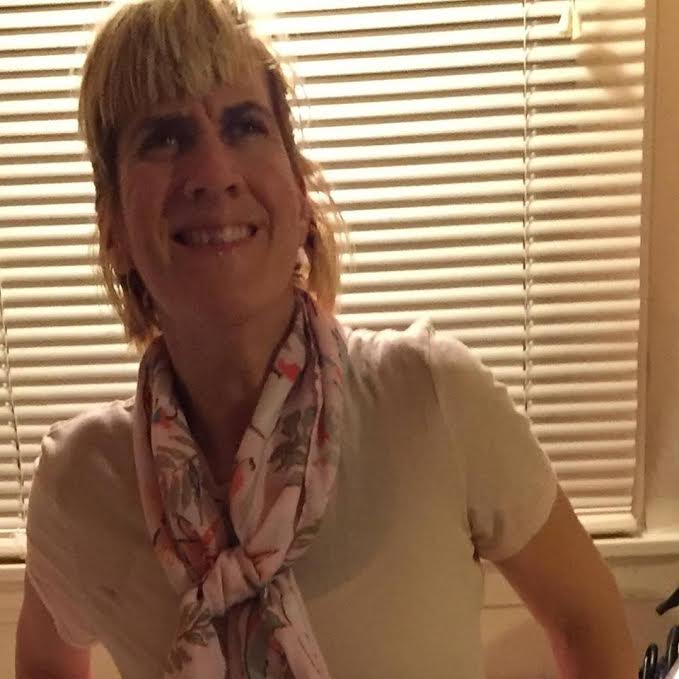Many people don’t realize that living as a disabled person can be especially difficult, not because of the disability itself, but because abled individuals discriminate against us. Although I often like to forget I have cerebral palsy and live life like any other person, abled people have tried to place limitations on me due to my disability.
When I finally obtained my driver’s license at the age of 23, my ex-sister was in disbelief that a person with cerebral palsy could get a driver’s license. Earning the driver’s license took a few attempts and extra driving lessons with a driving school, but I was able to get it. There are times when things take me longer. It doesn’t mean I can’t; I will just have to find another path to the same destination, but it will get done.
Another time, my first aid class teacher asked if I needed extra help with the skills that needed to be demonstrated in the class. While I may move slowly in some cases, that doesn’t make me less intelligent. I received an A in the class, and proved that I could perform CPR and other tasks that were required of me.
These incidents served as personal reminders that there are real biases that disabled people face on a daily basis. There are 57 million disabled people in the United States alone, yet we continue to face patronizing attitudes from abled people, job and housing discrimination, and in some cases, a lack of access to adequate healthcare. Just 41% of disabled Americans are employed, and the gap between the wages of disabled and abled people continues to widen. Additionally, a majority of the complaints of housing discrimination to the United States Department of Housing’s Fair Housing Enforcement Office come from disabled people. Disabled people are typically viewed as objects of either inspiration or pity, but almost never as subjects worthy of respect.
Yes, I was born with cerebral palsy, but that doesn’t mean that I can’t learn and remember things. All people deserve to be respected and included as full members of society. My life—and the lives of other disabled people—are our own. We are not your props.
Katrin lives in Roseville, Michigan with her husband and kitties. She loves learning about psychology.
A version of this piece was originally published on Proud2Bme.org, NEDA’s website for young adults.






